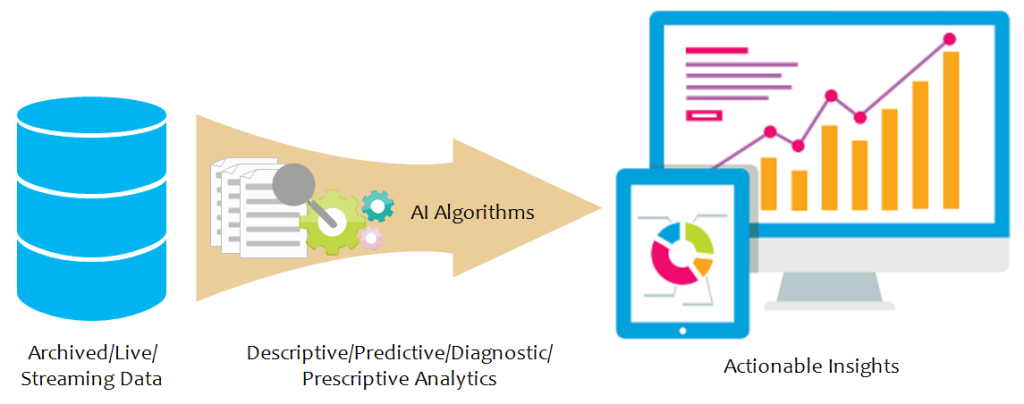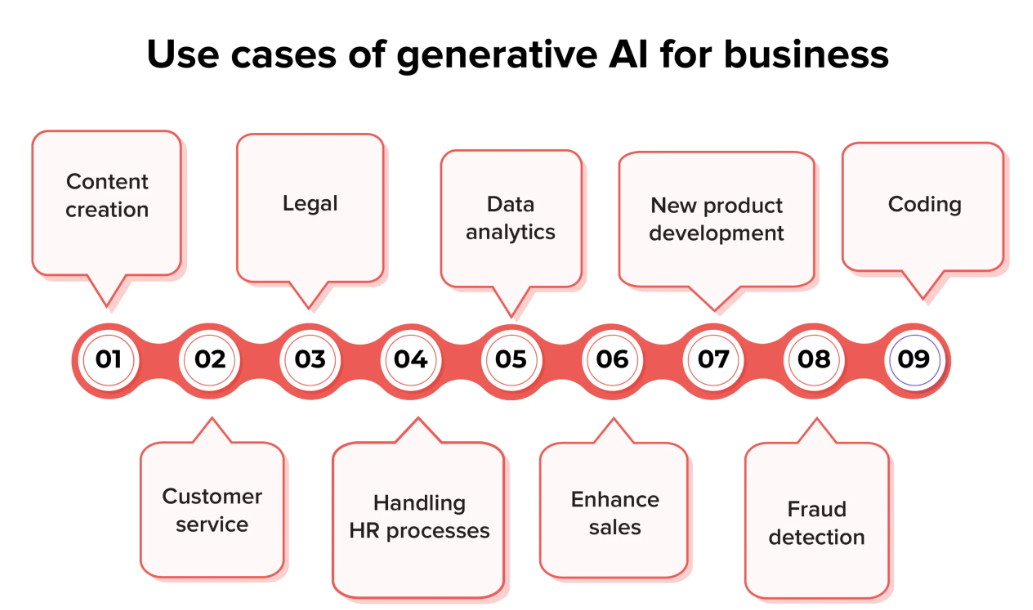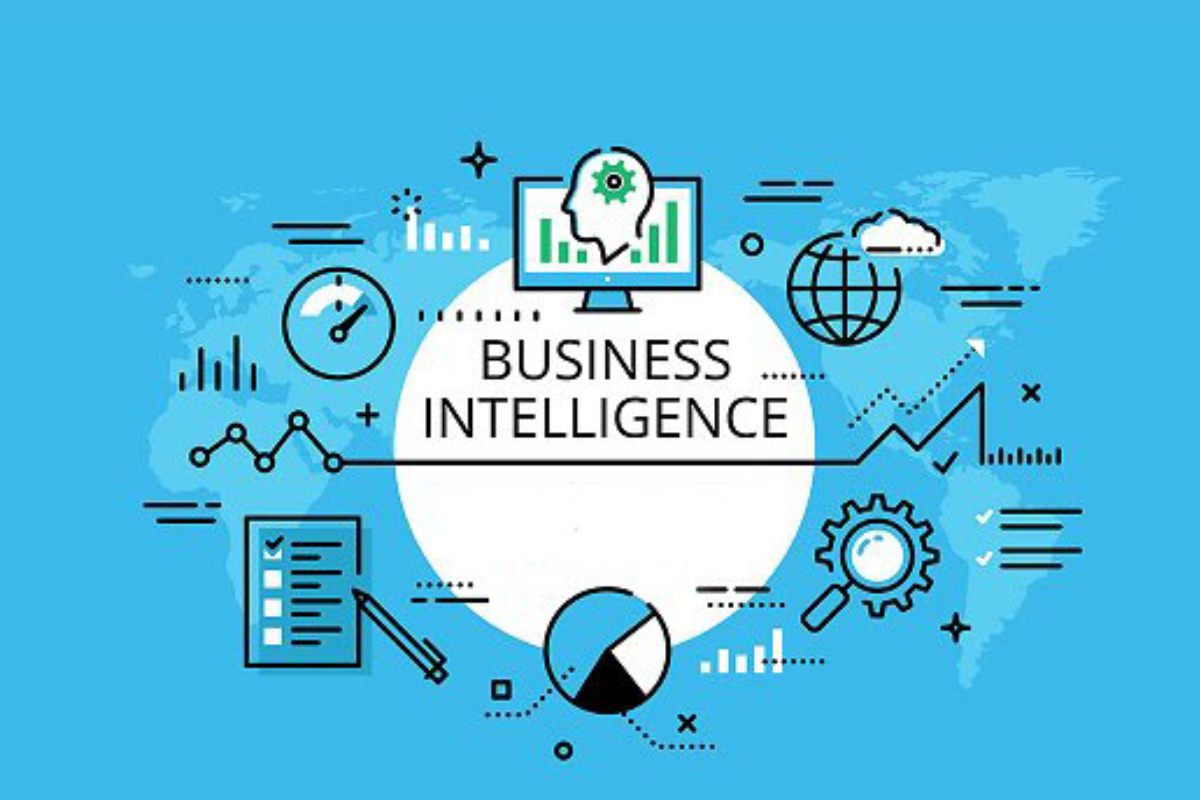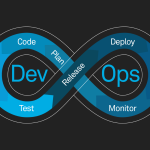Generative AI Drives a New Era in BI
Imagine you’re a marketing manager trying to gauge the impact of your latest campaign. You’re surrounded by a mountain of data, yet after hours of analysis, you’re still unsure whether to double down or pivot your strategy. Frustration mounts as deadlines loom, and clarity seems out of reach. Now, imagine asking, “How did last month’s campaign perform compared to our targets?” and receiving a comprehensive answer, complete with crisp visualizations and actionable recommendations. This is the promise of generative AI for business intelligence (BI), a field poised for extraordinary transformation.
Understanding Generative AI in Business Intelligence
Generative AI refers to a subset of artificial intelligence that is capable of producing new data, insights, or models based on existing information. Unlike other AI forms that focus on recognizing patterns or making decisions, generative AI creates outputs that can include predictive models, visualizations, or even natural language reports. In the context of business intelligence, generative AI seamlessly integrates with existing BI tools and systems, offering unique capabilities such as automating the generation of insights, creating detailed visualizations, and predicting future trends.
By incorporating generative AI into BI, businesses can shift from reactive to proactive decision-making. Instead of merely analyzing past data, companies can now anticipate future outcomes, identify potential opportunities, and mitigate risks before they materialize. This shift is particularly significant as it enables organizations to stay ahead of the competition and make data-driven decisions with greater confidence.
Key Applications of Generative AI in Business Intelligence
Data Analysis and Visualization
One of the most impactful applications of generative AI in BI is its ability to process large datasets and generate visualizations that simplify complex information. For instance, a retail company might use generative AI to analyze customer purchase data across various demographics, identifying patterns and trends that would be challenging to detect manually. The AI can then generate visualizations that highlight key insights, such as which product categories are most popular among specific age groups. This capability not only saves time but also enhances the clarity and accessibility of data, enabling decision-makers to act swiftly.
Predictive Analytics
In addition to data visualization, generative AI excels in predictive analytics. By analyzing historical data and identifying patterns, AI models can predict future trends, customer behavior, and market changes. For example, an e-commerce company could use generative AI to forecast demand for certain products during peak shopping seasons, allowing them to optimize inventory levels and reduce stockouts. This predictive power is invaluable in helping businesses stay agile and responsive to market dynamics.
Natural Language Processing (NLP)
Natural Language Processing (NLP) is another area where generative AI is making significant strides in BI. With NLP, AI can generate human-like reports and summaries, making complex insights accessible to non-technical stakeholders. Imagine a marketing manager asking an AI-powered BI tool, “How did our latest campaign perform?” Instead of sifting through multiple dashboards, the manager receives a concise report detailing key metrics, audience engagement, and recommendations for future campaigns. Tools like Microsoft’s Power BI integrate NLP capabilities, transforming how businesses interact with their data.

Benefits of Using Generative AI in Business Intelligence
Generative AI brings numerous benefits to business intelligence, starting with improved decision-making. By automating data analysis and report generation, AI allows decision-makers to access accurate and relevant insights faster than ever before. This speed and accuracy translate into more informed decisions, giving businesses a competitive edge in a rapidly changing environment.
Cost efficiency is another significant benefit of generative AI in BI. Automating tasks that were previously manual and time-intensive reduces operational costs and frees up resources for more strategic initiatives. For example, a financial services firm might use AI to automate the generation of compliance reports, cutting down on labor costs while ensuring accuracy and consistency.
Scalability is a critical advantage of AI in BI, particularly as organizations deal with increasing amounts of data. Generative AI can handle vast datasets without compromising on quality or speed, making it an ideal solution for businesses looking to scale their BI efforts. Whether it’s analyzing customer feedback from millions of social media posts or processing sales data from global markets, AI ensures that insights remain timely and actionable.

Challenges and Considerations
Data Privacy and Security
While generative AI offers significant benefits, it also comes with challenges that businesses must address. Data privacy and security are paramount concerns, especially when AI systems handle sensitive information. The potential for data breaches or misuse of personal data is a risk that organizations need to mitigate through robust security measures and compliance with data protection regulations.
Ethical Concerns
Ethical concerns also arise when relying on AI for decision-making. Bias in AI models, whether due to biased training data or flawed algorithms, can lead to unfair or discriminatory outcomes. Businesses must prioritize fairness and transparency in AI deployment, ensuring that their models are regularly audited and updated to minimize bias.
Integration Issues
Integration issues can pose another challenge when incorporating generative AI into existing BI systems. Businesses may face difficulties in aligning AI capabilities with their current infrastructure or workflows. To overcome this, organizations should adopt a phased approach to integration, starting with pilot projects and gradually expanding AI use as they build the necessary expertise and infrastructure.
Conclusion
Generative AI is poised to transform business intelligence by making data more accessible, insights more actionable, and decision-making faster and more accurate. As businesses navigate the challenges and opportunities presented by this technology, they will need to stay informed and agile, continuously adapting their strategies to leverage the full potential of AI. For organizations looking to stay competitive in the digital age, exploring AI tools and staying updated on the latest trends is not just an option—it’s a necessity. The future of BI lies in generative AI, and those who embrace it will lead the way in the next wave of data-driven innovation.








